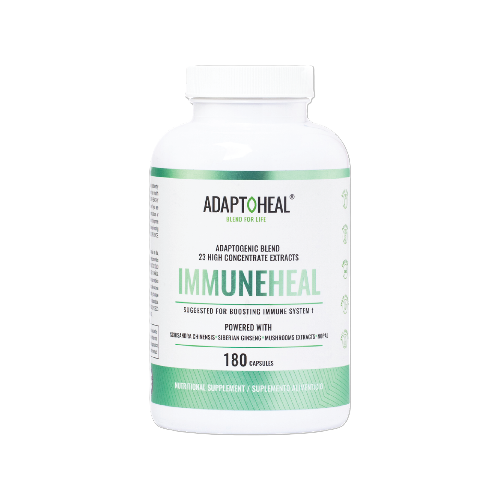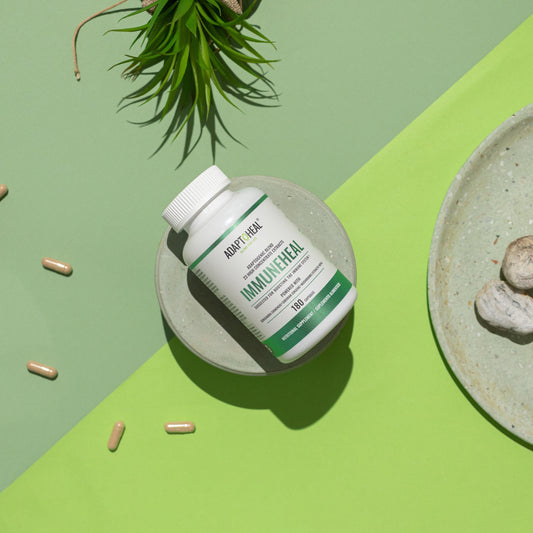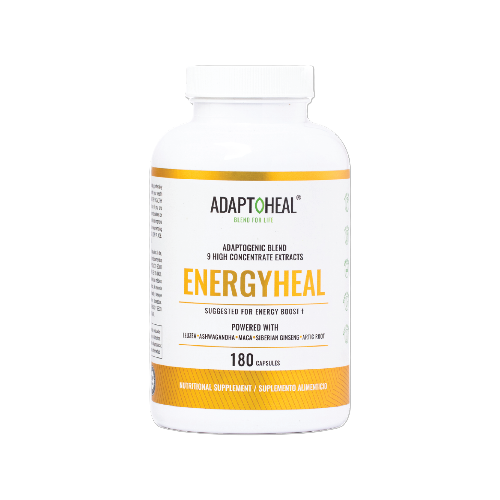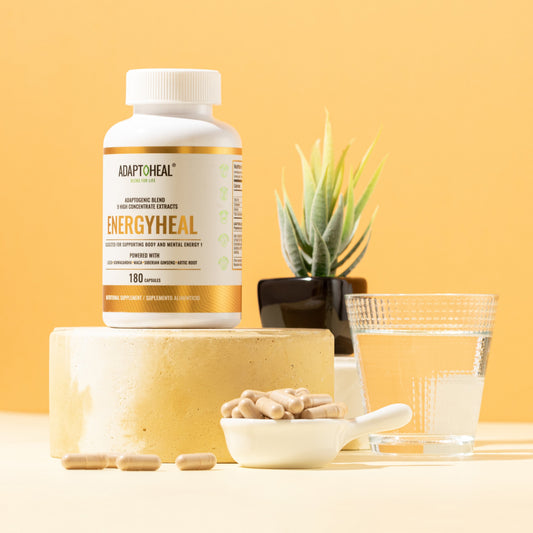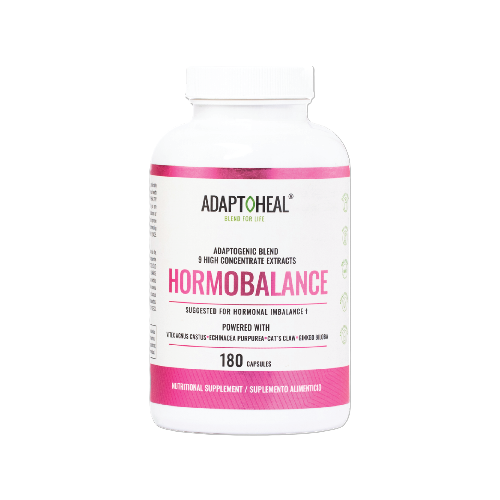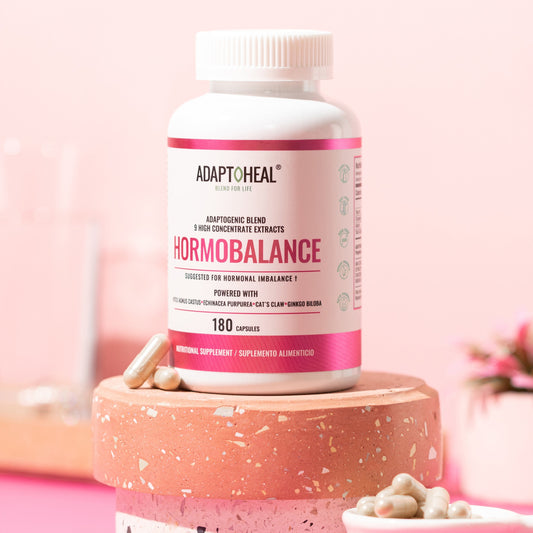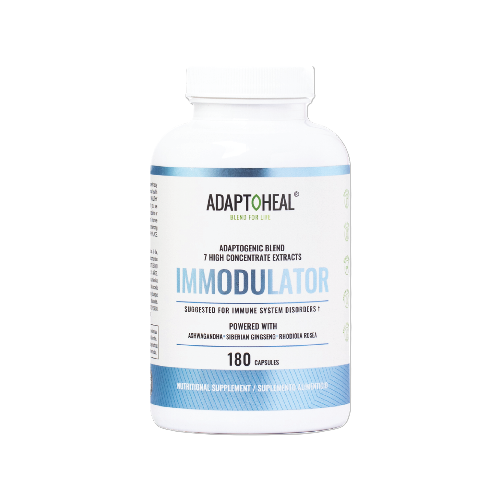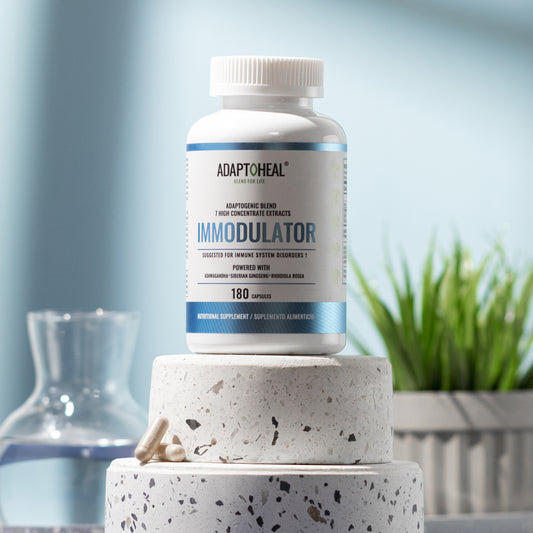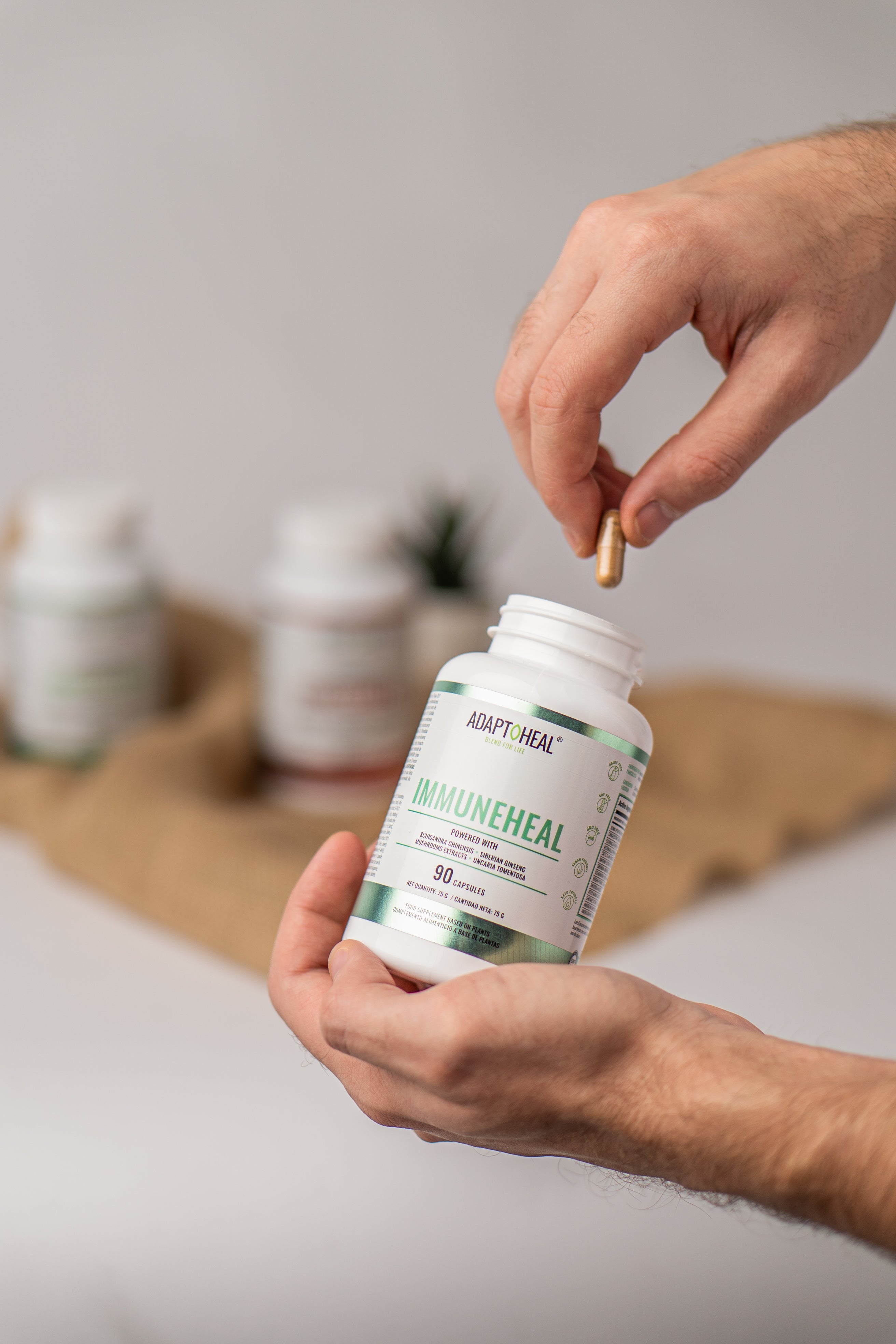Causes of constant inflammation
Inflammation is the body's natural response to injury, infection, or irritation, designed to protect us and aid in the healing process. However, when inflammation becomes chronic , it can be harmful and contribute to a variety of health problems, including heart disease, diabetes, arthritis, and even some types of cancer. Below, we'll explore the main situations that generate inflammation in the body and how we can mitigate them.
1. Chronic stress
Stress is one of the most underestimated factors that can generate systemic inflammation in the body. When we are subjected to prolonged stress, our bodies release hormones like cortisol , which, while initially helpful in coping with emergencies, their constant production can foster a chronic inflammatory state. Furthermore, stress promotes the release of inflammatory cytokines , which disrupt the balance of our immune system, leaving us more vulnerable to disease.
How to avoid it : Implementing stress management techniques such as meditation , regular exercise , and conscious breathing can help reduce cortisol levels and, therefore, decrease inflammation in the body.
2. Poor diet
Diet plays a crucial role in inflammation levels. Excessive consumption of processed foods, rich in trans fats , refined sugars , and simple carbohydrates , stimulates an inflammatory response. These foods can trigger a cascade of pro-inflammatory signals in the body, generating inflammation in the gut, which then spreads to other organs.
How to avoid it : Eating anti-inflammatory foods like fresh fruits, leafy greens, nuts, fatty fish (like salmon), and spices like turmeric and ginger can counteract the effects of a poor diet. Healthy fats like those in avocado, olive oil, and seeds also help keep inflammation levels under control.
Check out our comprehensive guide to maintaining a healthy liver .
3. Sedentary lifestyle
Lack of regular physical activity is a major driver of chronic inflammation. A sedentary lifestyle, in addition to increasing the risk of obesity , contributes to the accumulation of visceral fat , which is highly associated with inflammation. People who don't exercise regularly have higher levels of C-reactive protein (CRP), a key marker of inflammation in the body.
How to avoid it : Introducing at least 30 minutes of moderate physical activity a day, such as walking, swimming, or yoga, can significantly improve inflammatory markers in the body. Exercise also helps release endorphins, which improve mood and reduce the negative effects of stress.
4. Sleep deprivation
Sleeping less than the recommended amount of time (7-9 hours for adults) has a direct impact on inflammation. Lack of sleep disrupts the body's hormonal balance, elevating cortisol levels and reducing the body's ability to properly regulate inflammatory cytokines. In the long term, this can increase the risk of chronic diseases, such as cardiovascular disease and diabetes.
How to avoid it : Developing good sleep hygiene is essential. Maintaining a regular sleep routine, limiting electronic device use before bed, and creating a relaxing bedroom environment can improve sleep quality and reduce inflammation.
5. Overweight and obesity
Being overweight , especially excess abdominal fat , is a significant risk factor for chronic inflammation. Fat cells, particularly visceral fat, produce adipokines , which are inflammatory molecules. This creates a constant inflammatory state that negatively affects metabolism and can contribute to conditions like metabolic syndrome and insulin resistance.
How to avoid it : Adopting healthy eating habits and maintaining a regular exercise routine are key to reducing body fat and, consequently, inflammation levels. In more advanced cases, the advice of a nutritionist or personal trainer can be helpful in guiding the weight loss process safely and effectively.
This might interest you: Get to know the two faces of the immune system .
6. Excessive alcohol consumption
Alcohol, especially when consumed in excess, is another factor that promotes inflammation. Heavy alcohol consumption damages liver and gut cells, which can trigger an inflammatory response that compromises the immune system. Alcohol abuse is also linked to inflammatory liver diseases, such as alcoholic hepatitis and cirrhosis.
How to avoid it : Limiting alcohol consumption to moderate levels can help reduce the risk of inflammation. For men, it's recommended to consume no more than two alcoholic drinks a day, and for women, no more than one.
7. Exposure to toxins
Exposure to environmental toxins such as air pollution, household chemicals, and certain ingredients in personal care products can also trigger an inflammatory response. These toxins enter the body and generate oxidative stress, which in turn promotes chronic inflammation.
How to prevent it : Opting for natural cleaning and personal care products, reducing exposure to air pollution whenever possible, and eating a diet rich in antioxidants are key steps to protecting your body from inflammatory toxins.
8. Persistent infections
Some infections, if not treated properly, can lead to a state of chronic inflammation. Prolonged bacterial or viral infections continuously activate the immune system, which over time can contribute to the deterioration of affected tissues and organs.
How to prevent it : It's important to treat infections promptly and follow medical instructions until the end of treatment. In some cases, supplement support to strengthen the immune system can also be beneficial in preventing prolonged inflammation.
9. Autoimmune diseases
Autoimmune diseases such as rheumatoid arthritis, lupus, and celiac disease are prime examples of how the immune system can turn against the body, attacking healthy tissues and causing chronic inflammation. These conditions require proper management to avoid long-term complications.
How to avoid it : Following the treatment prescribed by your doctor and maintaining a healthy lifestyle with a balanced diet and exercise can help minimize inflammatory flare-ups in patients with autoimmune diseases.
If you're still hungry for more, we invite you to follow us on Instagram @adaptohealusa so you don't miss out on more educational content.
